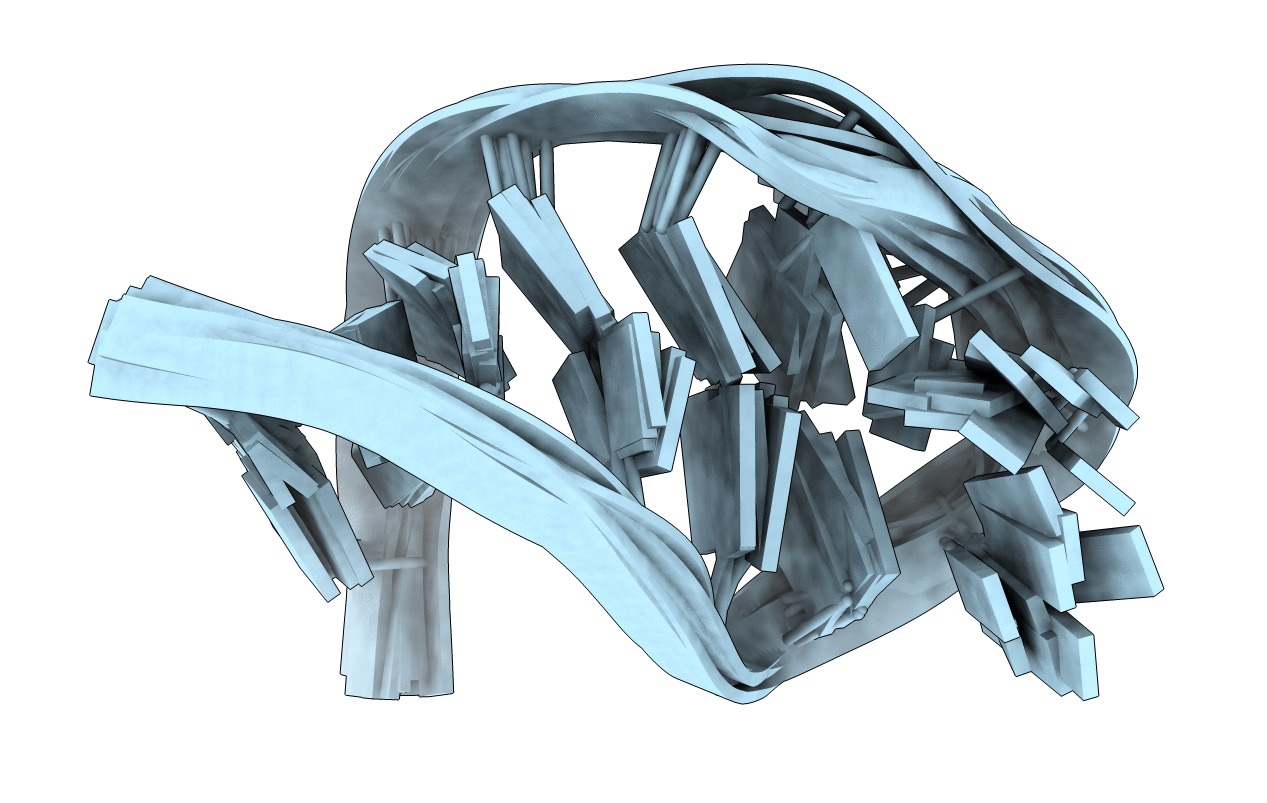
Deposition Date
2014-03-25
Release Date
2015-04-15
Last Version Date
2024-05-15
Method Details:
Experimental Method:
Conformers Calculated:
100
Conformers Submitted:
10
Selection Criteria:
structures with the lowest energy


